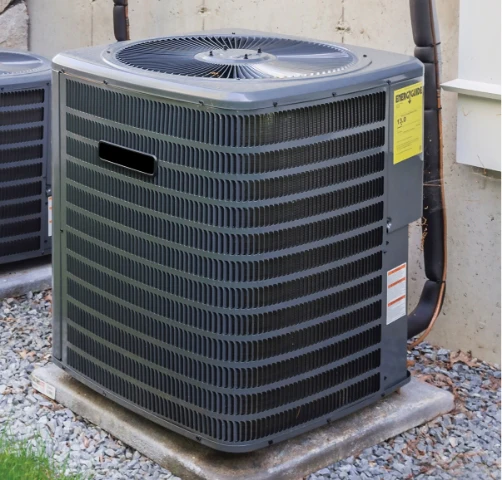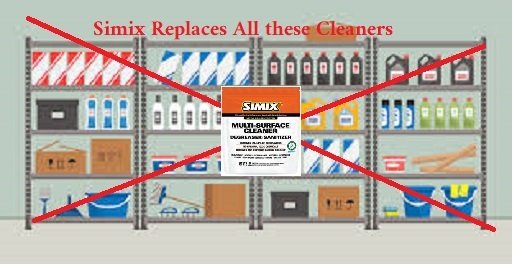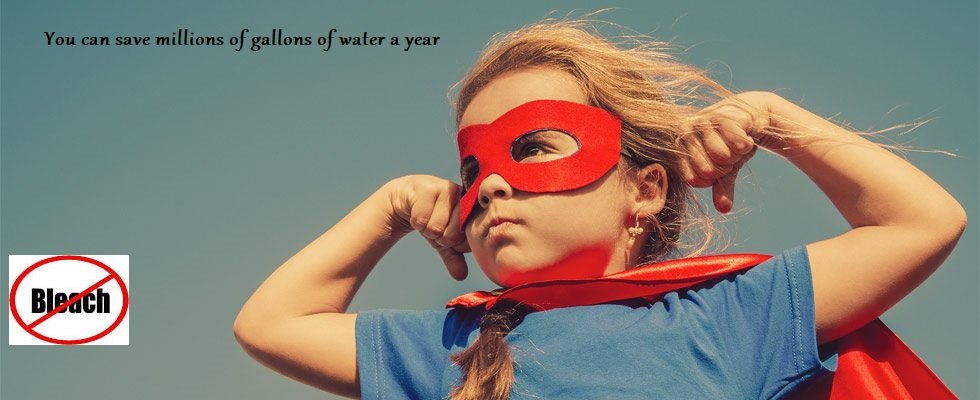Can You Clean Your HVAC Yourself ?
:The accumulation of dirt and debris can cause excessive wear and tear on HVAC components, potentially reducing the system's lifespan.
Dirty coils, for example, may corrode over time, leading to costly repairs or replacements.So can you clean your hvac yourself?
Absolutely
Dirt and debris buildup on HVAC (Heating, Ventilation, and Air Conditioning) systems can have a significant impact on their performance. Here are some ways in which dirt can affect HVAC performance:
Also prevent salt damage on your AC

- Reduced Airflow: Dust and dirt can accumulate on filters, coils, and fans, restricting the airflow through the system. Reduced airflow can lead to inefficient heating or cooling, longer operating times, and increased energy consumption.
- Decreased Efficiency: Dirty components, particularly evaporator and condenser coils, can't transfer heat as effectively. This means the HVAC system has to work harder to achieve the desired temperature, leading to increased energy costs.
- Poor Indoor Air Quality: Dirty filters and ducts can allow dust, allergens, and other contaminants to circulate in the indoor air, reducing indoor air quality. This can lead to health problems for occupants, especially those with allergies or respiratory issues.Simix can help.
- Shortened Lifespan: The accumulation of dirt and debris can cause excessive wear and tear on HVAC components, potentially reducing the system's lifespan. Dirty coils, for example, may corrode over time, leading to costly repairs or replacements.
- Increased Maintenance Costs: Regular maintenance is essential to keep HVAC systems clean and functioning efficiently. Neglecting maintenance can result in higher repair costs as well as decreased reliability.
- Inconsistent Temperature Control: A dirty HVAC system may struggle to maintain a consistent temperature throughout the building, leading to hot and cold spots. This can cause discomfort for occupants and may require the system to run longer to reach the desired temperature.
- Higher Energy Bills: When an HVAC system is forced to work harder due to dirt buildup, it consumes more energy, resulting in higher utility bills.
To maintain optimal HVAC performance, it's crucial to schedule regular maintenance, including cleaning or replacing air filters, cleaning coils, and inspecting ductwork. Proper maintenance can help prevent the negative effects of dirt and debris buildup, improve energy efficiency, and ensure better indoor air quality.
Are you wondering, "Can you clean your HVAC yourself?" Many homeowners are eager to take control of their HVAC system's maintenance to save money and ensure efficient performance. In this article, we will address this question and provide insights into DIY HVAC maintenance
One of the first questions homeowners often ask is, "Can you clean your HVAC yourself?" The answer is yes, to a certain extent. There are several maintenance tasks you can tackle on your own to keep your HVAC system running smoothly.
2. DIY Air Filter Replacement:
One of the simplest and most effective DIY HVAC maintenance tasks is changing the air filter. A dirty filter can impede airflow, reducing system efficiency. Depending on your system, you should change or clean your air filter every 1 to 3 months. This is a task that can you clean your HVAC yourself.
3. Cleaning Vents and Registers:
Dust and debris can accumulate in your vents and registers over time. You can remove vent covers and use a vacuum cleaner to remove dirt and dust buildup. This is another way in which you can clean your HVAC yourself.
Cleaning the evaporator and condenser coils is a more complex task, but it's essential for maintaining efficiency. You can use a soft brush or a coil cleaning solution to remove dirt and debris. However, be cautious, as improper cleaning can damage the coils. This is a task that some homeowners can handle, but professional maintenance is often recommended.
5. Ductwork Inspection: Can You Clean Your HVAC Yourself?
Inspecting your ductwork for leaks and blockages is another task that can you clean your HVAC yourself. Look for loose connections or damaged ducts and use duct tape or mastic sealant to address minor issues. However, extensive duct cleaning may require professional help.
6. Regular Checkups: Can You Clean Your HVAC Yourself?
While you can perform some HVAC maintenance tasks on your own, it's essential to schedule regular professional checkups. HVAC technicians have the expertise and equipment to clean and maintain your system thoroughly. They can identify and address issues that you might miss when you clean your HVAC yourself.
7. Can You Clean Your HVAC Yourself and Save Money?
DIY HVAC maintenance can help you save money on routine tasks like filter replacement and vent cleaning. However, it's crucial to strike a balance between what you can handle and when to call in professionals. Attempting complex tasks without the necessary knowledge can lead to costly mistakes.
8. Conclusion: Can You Clean Your HVAC Yourself?
In conclusion, you can clean your HVAC yourself for some basic maintenance tasks like filter replacement and vent cleaning. However, more intricate tasks like coil cleaning and extensive ductwork cleaning may be best left to HVAC professionals. Regular professional checkups should also be part of your HVAC maintenance routine to ensure optimal performance and energy efficiency. So, yes, you can clean your HVAC yourself to a certain extent, but always consider the complexity of the task and seek professional assistance when needed.


